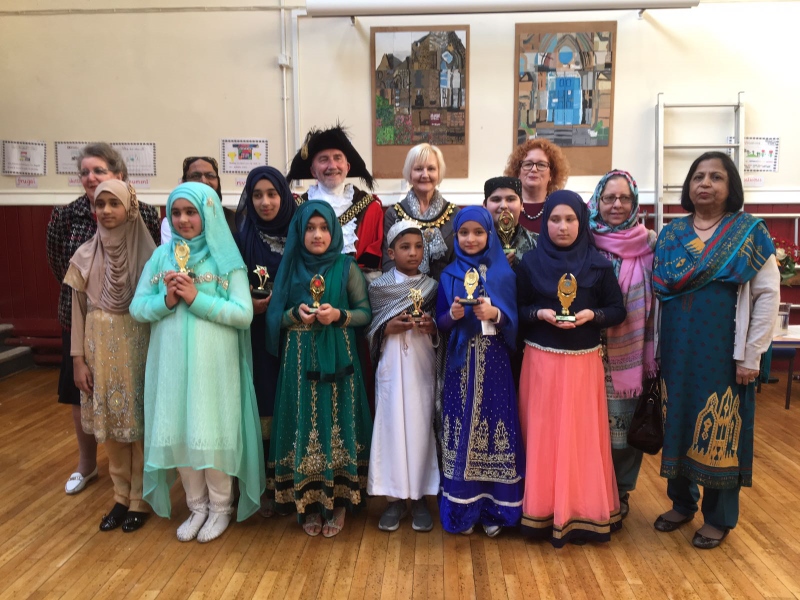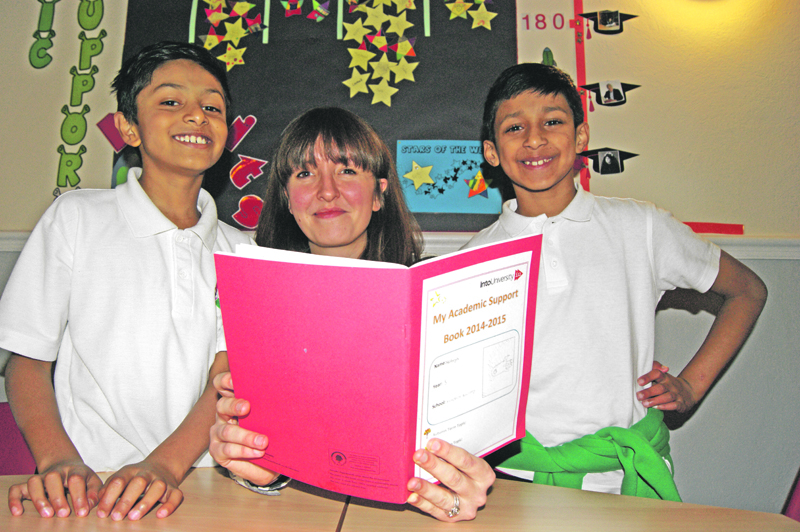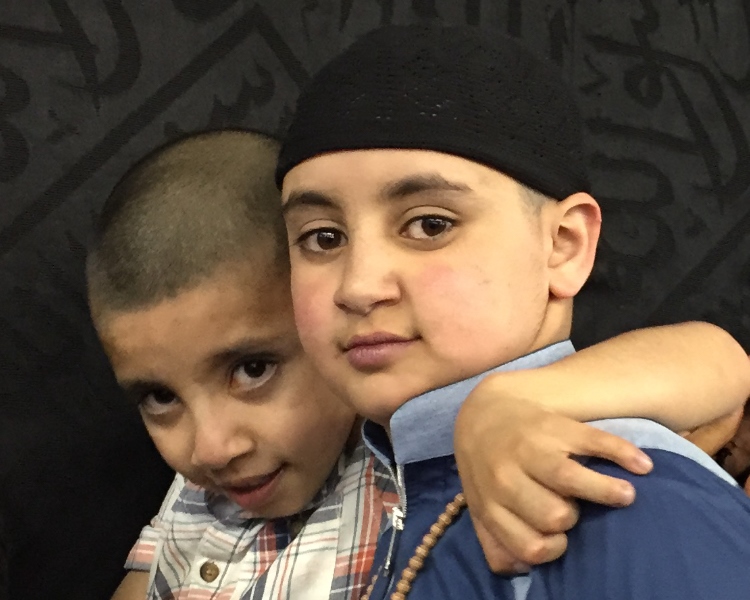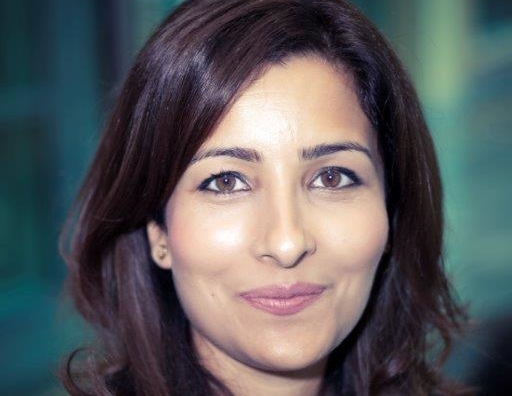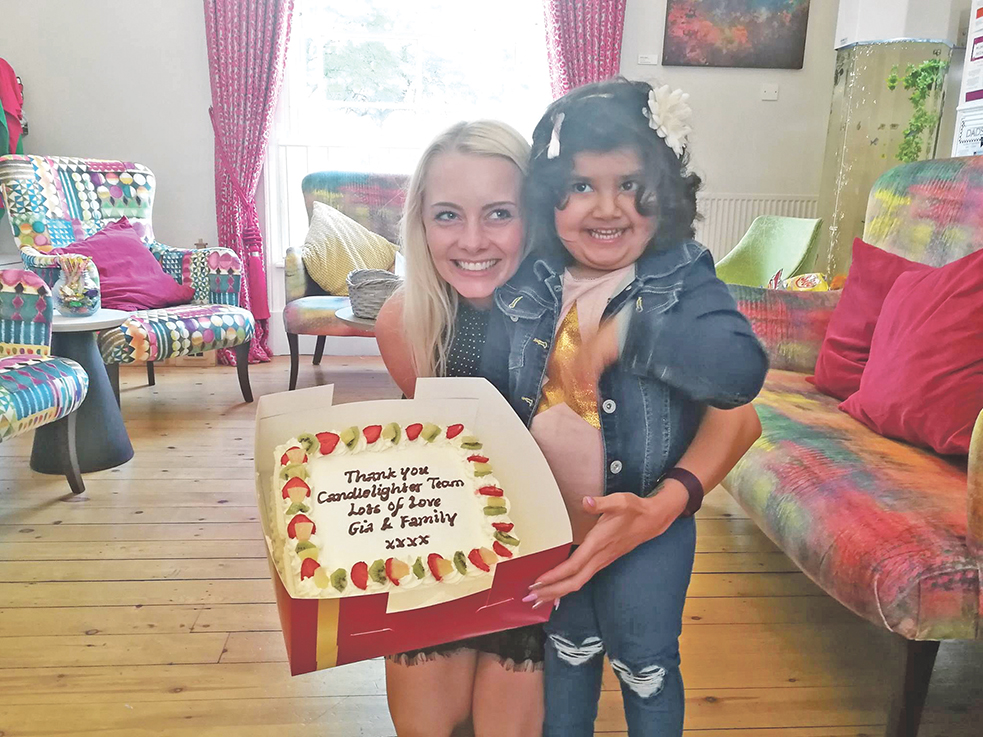
Most of us waste time being in the past or worrying about what the future would bring with itself, so much so, that we fail to appreciate what is in the present.
Mindfulness is any human’s ability to be fully aware about their present. ‘Why are we here?’, ‘What are we doing?’ and ‘Why are we doing it?’ are all questions which one gets answers to when they embrace mindfulness.
One also learns to not overreach or be overwhelmed by the things that aren’t in one’s control and happening in the external environment.
It is about observing things without criticism; about being compassionate without judging, learning rather than arguing. When one is doomed with unhappiness, mindfulness is all about finding that silver-lining in the sky.
In all its essence, the practice of mindfulness teaches one to red-flag the negative patterns before they get triggered and take one along the downward spiral. It allows one to take back control of one’s life.
Usually adults are always the prime target audience when one talks about mindfulness.
Why? Don’t the kids need to be aware of themselves and their surroundings too?
For years, we have only correlated one variable to success in a kid’s life – good education. True, good education makes kids smarter and sharper, but is that all they need to succeed in life? Are test results and grades the only measures to a child’s capability?
Sadly, in our society, it is, but it doesn’t have to be.
We believe they too, like adults, need some form of mindfulness therapy. They need to be prepared to handle the stress, tackle day-to-day problems, learn, communicate, and share rather than being introverts, bullies, or disconnected with life. Learning these competencies will enable kids to better channel and manage their emotions and we see no harm in that.
Maria Hersey, a PhD, a trainer and the U.S. director of education and training at the Hawn Foundation supports the emerging trend of mindfulness programs for kids. She says: “Mindful awareness helps students with self regulation, optimism, and planning and organisational skills.
“A lot of the research shows that mindful awareness and understanding its pieces helps students with cognitive and academic growth.”
There are multiple researches in recent times to back the importance of mindfulness in a child’s life.
Mindfulness programs are effective to reduce the symptoms of stress, depression and anxiety in them. One of them even suggested that after taking a mindfulness program, secondary school pupils were able to battle stress and anxiety better in the days that followed.
Programs are also especially designed for those kids who face difficulty in focusing in exams, thus not being able to give their best shot when they are as equally capable as the others.
Mindfulness is a continuous process that cultivates and tunes the mind with positivity. For the young minds, mindfulness programs are a great way to learn to focus on the brighter side of life, cope better with their surroundings and situations, and grow up into humble and optimistic human beings – and the sooner they start, the better off they are.











